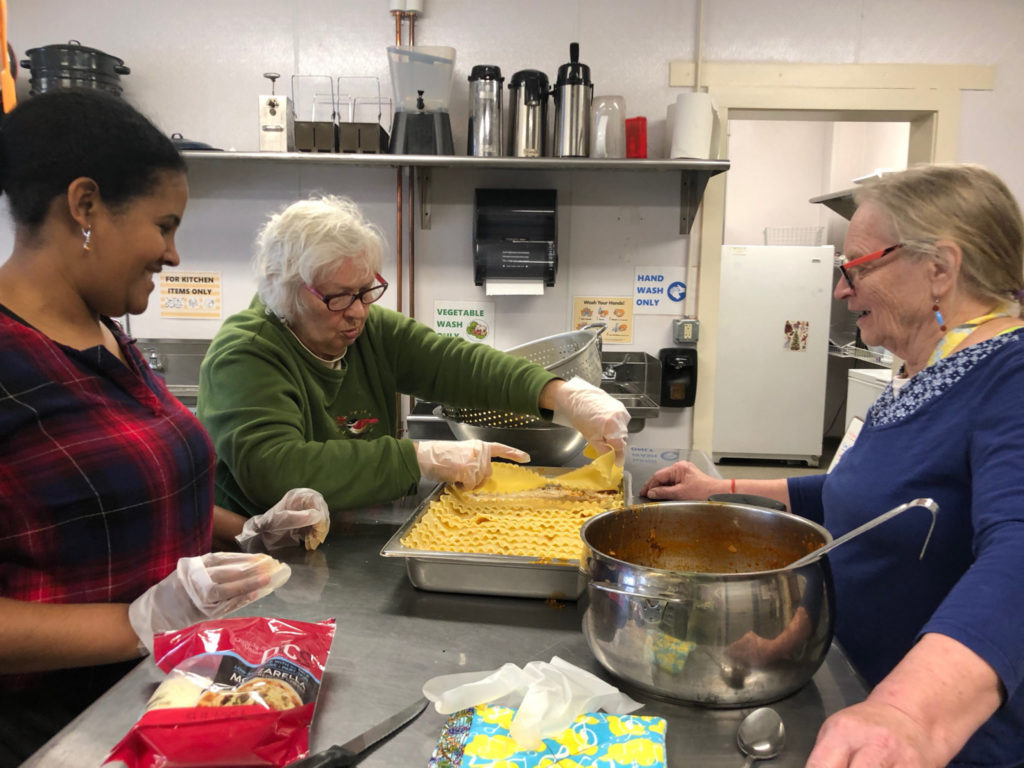6 Great Ways to Support Healthy Aging
Guest Blog post by Aimee Laurence
There are ways to promote healthy living for seniors to optimize health and health care. This ensures that both the brain and the body work their best in the present and in the future. As a person ages, they should adopt these methods to see great benefits to any seniors (or anyone, really). These actions benefit mostly physical health like mobility, heart, and immunity, but they’re also great for brain health.
1. Regular Exercise
Most people know by now that older adults can better keep up their strength and mobility when they exercise. Not only that, but gentle work-outs, provide benefits on basically every health front. In fact, a structured exercise regimen in adults from 70 to 89 reduces the danger of a major mobility disability. Exercise also boost the mood, which in turn is more positive for your body. Look in your local recreation department for organized classes like yoga or walks in the park.
As per Nicola Woods, a health writer at Big Assignments and Assignment Writing Service, “even if you meet less than the recommended amount of exercise you can still get health benefits, so try to start with a little bit each day if you can. Walking is an easy option for a lot of people, or classes and courses.”

2. No Smoking
Smoking is detrimental to so many health aspects. It’s the worst for someone’s lungs but it’s also a major risk of strokes, heart problems, and cancer. Tobacco related diseases can actually affect people for years and years even after they quit. The good news is that even if a senior has smoking related health issues, they can reduce their symptoms and likelihood of premature death significantly by quitting.
We all know it’s hard to quit due to the addictive powers of nicotine. Seek medication and counselling for help, and keep trying no matter if you fail.
3. Sleep Well
Sleep deprivation, especially chronic, is linked to a lot of diseases, specifically cardiovascular disease, inflammatory blood markers, and lower immunity functions. Sleep deprivation also makes it more difficult to keep a positive mood and be active physically.
Studies show that as we age our sleep often becomes less deep and constant, and it may be harder to sleep as well as we did in younger age. Talk to you doctor to get evaluated to find out if you suffer from true sleep problems as you age.
4. Avoid Stress
Chronic stress is also linked to physical health issues and stress can speed up the aging of your cells and inflammatory markers in the body. You can also get cardiovascular disease, resistance of insulin, and lower immune functions. To address these problems, look at improving sleep, exercising regularly, starting meditation or other relaxation strategies, and any other approach that can help you reduce stress. In fact, studies show that just learning a new skill goes a long way in improving seniors’ lives.
5. Be a Healthy Weight
Obesity is a big risk factor for later-life disability, because it makes arthritis worse. In addition to that, it’s linked to a long list of health problems. Even losing a small amount of weight can make a big difference in health symptoms and disease.
Jordan Peters, a journalist at Boom Essays and Ox Essays, explains to his readers that “the low-fat diet is the top recommended diet for years for weight loss and healthier bodies. There’s a lot to be said for doing research into different weight loss approach and speaking your doctor about what strategy would be best for you.”
6. Eat Healthy
The food we eat is directly linked to physical health. A healthy diet doesn’t have negative health problems, like weight gain, insulin resistance, atherosclerosis development, or uncomfortable stomachs. Older people that are frail may also need to get extra calories and protein to avoid malnutrition.
The definition of a healthy diet is constantly up for debate among experts and average people. It’s important to have an individualized diet because everyone’s body is different and may respond to different diets in certain ways. It’s important to talk with your doctor or a nutritionist to develop a meal plan that works for you. Keep a close eye on how you feel, how your body responds, and your blood sugar and lipids levels.

There are a lot of activities for seniors to keep their mental and physical health up as they age. It’s simply about finding the options and lifestyle that works best for each individual.
Aimee Laurence, an editor with Write My Essays and UKWritings.com shares her thoughts on healthy living and exercising. She is particularly interested in keeping seniors active and healthy due to her own family situation. She is a freelance editor for Assignment Writer service as well.
NOTE: This post content is provided by a guest blogger. The stated author is solely responsible for accuracy and copyright.
